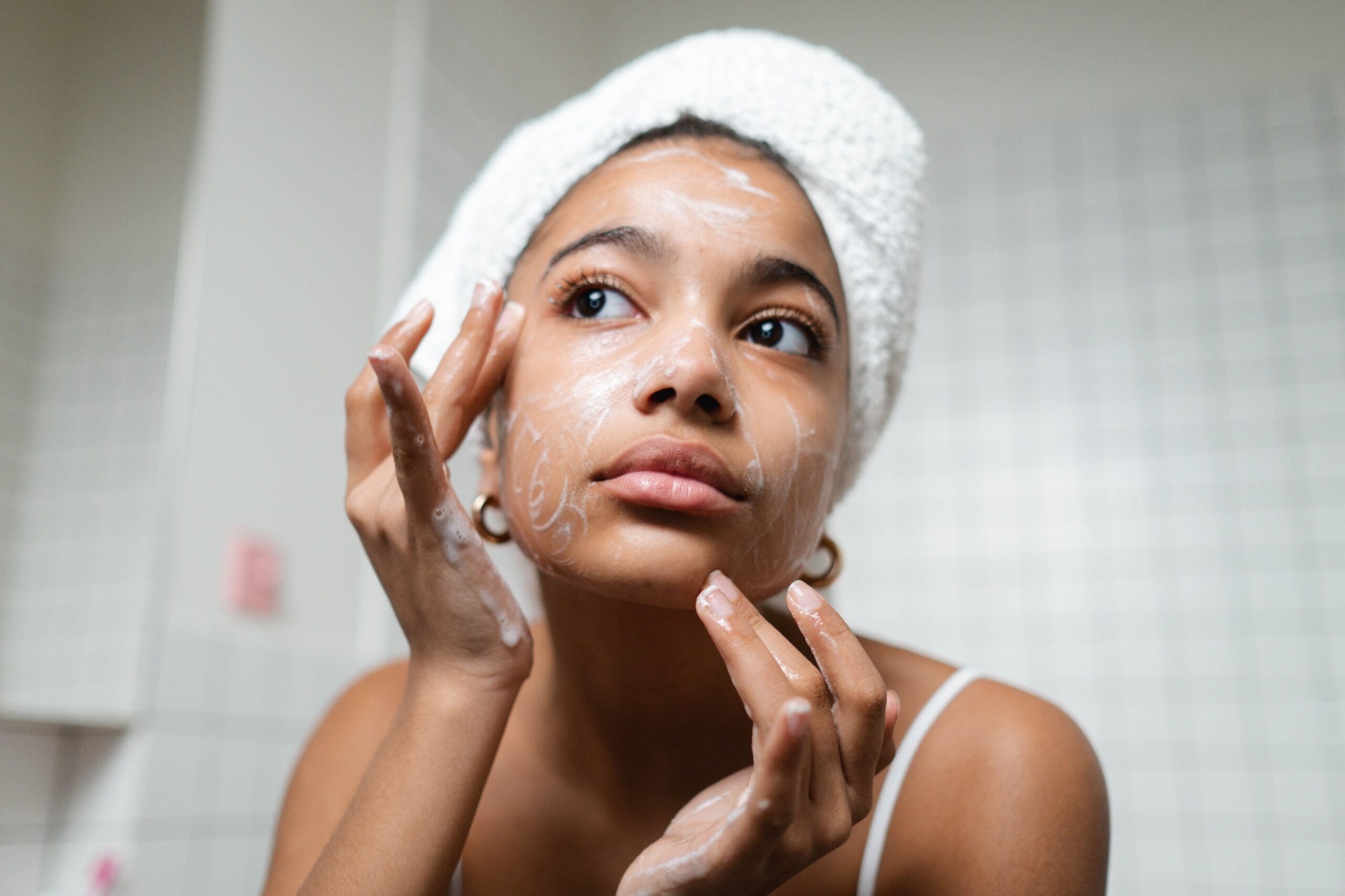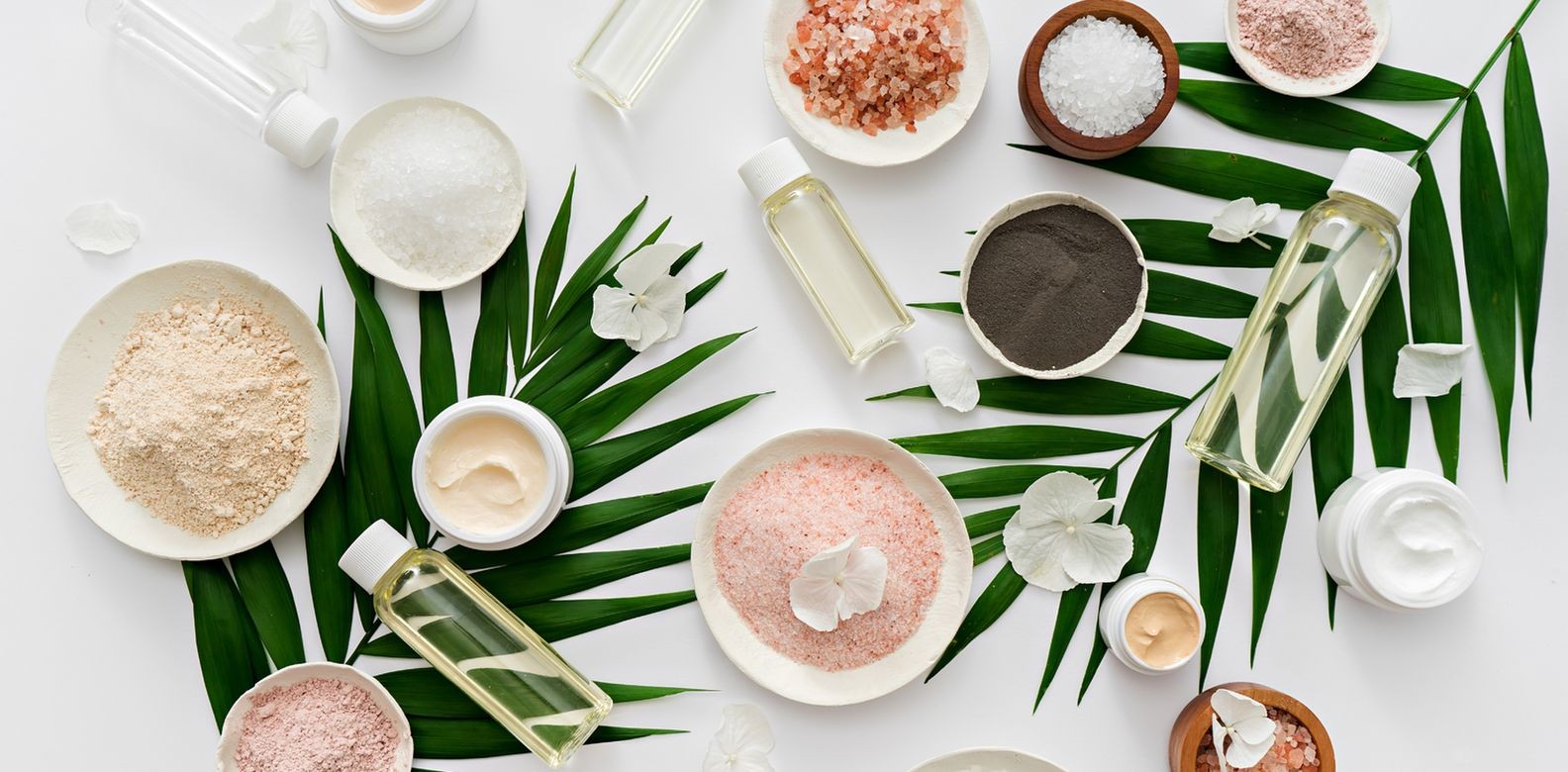
Hello guys, I know this topic might have made you give me face at first. It’s fine eh. But know that whatever I say here is all out of my love for you and your skin.
You’d agree with me that there has been a drastic rise in the number of ‘natural’ skin care products out there today. Everyone wants to glow, everyone wants a beautiful skin. And that’s perfectly okay. So as a result, we have different producers and vendors for different customers, with different price range. However, one thing common to most of them is that they all belong to a class of ‘Natural skincare products’ (At least, that’s what they are called).
I do not have a problem with this. I’ve even used and written reviews on some natural on some natural skincare brands. However, there is this strong tendency to be carried away by the ‘Natural’ tag and one could easily assume that since it is Natural, then it is very safe and automatically, compatible with your skin.
I’m here to bring you good tidings, by debunking that assumption and giving you tips that would help you in determining whether or not that set of ‘Natural’ skincare products that you’re about to order is indeed healthy for your skin.
How To Ensure You’re Buying The Right Natural Skincare Products
1. Ignore the Tag and check the Content
Like I said earlier, it is not the ‘Natural’ tag that determines how healthy a product is for your skin. It is in the content. You’d be amazed at how much ‘natural’ is not ‘natural’. It would interest you that some of the content of these products, contain certain chemicals that could be harsh and abrasive on the skin, especially for people with sensitive skin.
This is because they have been largely unprocessed, unlike what obtains in most ‘Synthetic’ products, and so they are still highly concentrated. Am I trying to advocate for synthetic skin care products? Definitely not. But I am certainly all about checking through the content of every class of product.
2. Preservation
Research shows that the shelf life of purely natural or organic skin care products is as short as 3 months. Therefore, they cannot be produced and stored over a long period of time. This is making me want you to ask a couple of questions.
First, if the shelf life of these products is only 3 months, is there a way of making sure that what you’re ordering for is freshly produced? Is there a guarantee that you’re still within the approved time? If no, does this mean you would be made to just use something because it has been tagged natural, believing that it is still healthy for your skin? And if the vendors or producers claim that it is still good and fit for use, does that not imply the addition of preservatives in its production? Are the products still natural then?
My dears, fink about it and jot fins down. Like I said, this is not to make any decision for anyone, it is just to help you ask the right questions so that you end up having value for your money.
3. The Red Flags
I’m sure not everyone has the expertise of knowing what ingredient should not be found in any natural skin care products. And there is absolutely no problem with that. That’s why I’m here for you, innit? So here you go. A list of your ‘No No’ content of natural skin care products.
Alcohol, Allspice, Almond extract, Angelica, Arnica, Balm mint oil, Balsam, Basil, Bergamot, Cinnamon, Citrus juices or oils, Clove, Clover blossom, Coriander oil, Cottonseed oil, Cypress, Fennel, Fir needle, Geranium oil, Grapefruit, Ground up nuts, Horsetail, Lavender oil, Lemon, Lemon balm, Lemongrass, Lime, Marjoram, Oak bark, Papaya, Peppermint, Rose, Rosemary, Sage, Thyme, Witch hazel, Wintergreen and Ylang ylang.
4. The Yes Yes
The following are safe for you and your skin and you should totally look out for them:
Clays, Chamomile, Bisabolol, Seaweed, Kaolin, Amino acids, Ceramides, Hyaluronic acid, Grapes, Green tea, Chocolate, Licorice, Oats, Soy, Willow Herb, Coconut oil, Safflower oil, Canola oil, Shea butter, Honey, Mica, Olive oil, Sunflower Oil, Argan oil, Carnauba wax, Meadowfoam, Rice Bran oil, Turmeric, Rosa canina Fruit oil, Palm oil, Omega fatty acids, Corn oil, Glycerin,Lecithin, Aloe vera, Jojoba oil, Pomegranate, Algae extracts, Sea whip extract, Feverfew extract, Bearberry, Mulberry, White tea, Cocoa butter, Sesame oil, Borage oil, Ubiquinone, Acai oil, Vitamin E, Vitamin B3, Goji Berry, Coffee berry extract, Evening Primrose oil, Tamanu Oil, Curcumins Clay and Silybum marianum extract.
5. Packaging
You know how people say ‘packaging lo matter’ (Packaging is priority), that may not be a lie when it comes to natural skin care products too. Since they have a short shelf life, unlike synthetic products, they should be exposed to little or very controlled air and sunlight.
Therefore, if the products you want to order for are not packaged in containers that control air and sunlight effectively, you might want to reconsider your options. If not, you might end up applying a very unfit product on your skin.
At this point, I think it is also noteworthy that it is possible for these products to be causing damage to the skin, but the effect of such damage might not be immediate. So for the sake of your present and future skin, be on the lookout and stay informed!
Xoxo!

 Previous Post
Previous Post


